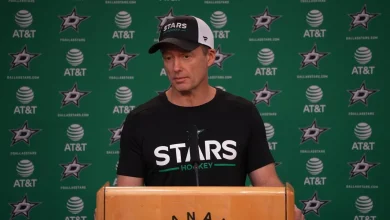‘King Of The Hill’ Revival Gets 2-Season Renewal At Hulu

Hulu is betting on King of the Hill, handing the animated series a two-season renewal with a 20-episode order.
The renewal for the series from creators Mike Judge and Greg Daniels will take it through Season 17.
King of the Hill was revived in January 2023 with a 20-episode order, with the first 10 episodes of that order (Season 14) premiering this past summer.
The premiere of Season 14 in August scored the best adult animation premiere in five years on Disney+ and Hulu. The premiere episode drew 4.4 million views in its first seven days of streaming, according to Disney.
Season 15 of the animated series is set to premiere in 2026.
The King of the Hill revival follows Hank (voiced by Judge) and Peggy Hill (Kathy Najimy) returning to a changed Arlen, Texas, after years working a propane job in Saudi Arabia to earn their retirement nest egg. The couple reconnect with old friends Dale (Johnny Hardwick), Boomhauer (Judge) and Bill (Stephen Root). Meanwhile, Bobby (Pamela Adlon) is living his dream as a chef in Dallas and enjoying his 20s with his former classmates Connie (Lauren Tom), Joseph (Tai Leclaire) and Chane (Ki Hong Lee).
King of the Hill, from 20th Television Animation, is executive produced by original co-creators Judge and Daniels, as well as incoming executive producer and showrunner Saladin Patterson. Additionally, 3 Arts’ Michael Rotenberg and Howard Klein, and Bandera Entertainment’s Dustin Davis serve as executive producers.





